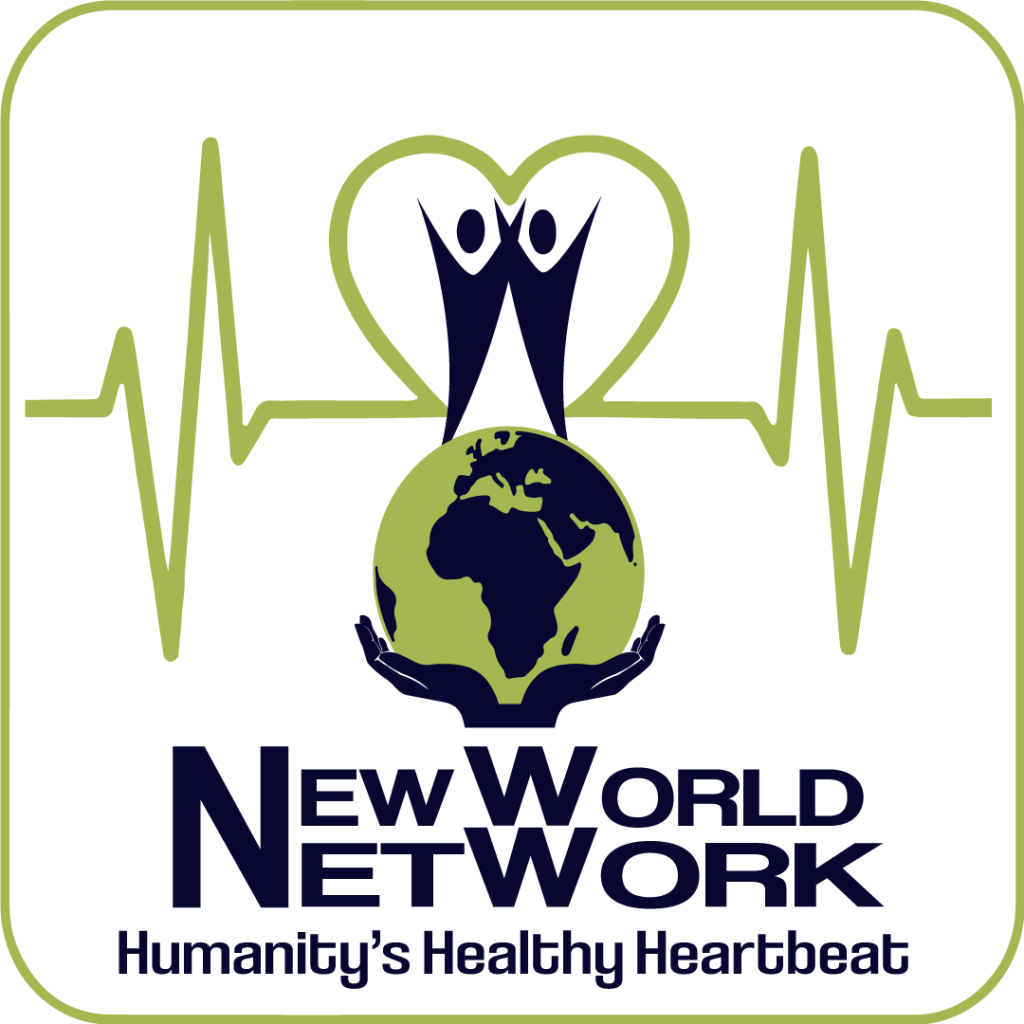Politics today often feels dominated by division, yet one concept holds the promise of bridging divides: consensus. Defined as general agreement among various groups, consensus emphasizes collaboration to achieve common goals, even when differences remain. This approach is essential in addressing today’s pressing issues, such as economic disparities, environmental crises, and public health challenges.
The Current Political Climate
In 2024, political polarization remains a significant obstacle in many democracies, with debates on major policies like immigration, healthcare, and climate action often leading to gridlock. However, finding consensus can help break these impasses, ensuring progress and maintaining public trust in government institutions.
Why Consensus Matters
Consensus is about finding shared values and priorities despite disagreements. It enables sustainable policymaking, as decisions rooted in broad agreement tend to withstand political and social shifts. For example, global treaties like the Paris Agreement on climate change demonstrate how consensus can unite nations toward collective goals, even when their interests differ.
Challenges to Consensus
In today’s hyper-partisan world, achieving consensus can seem impossible. The spread of misinformation, electoral strategies favoring extreme rhetoric, and social media echo chambers contribute to deepened divides. However, without consensus, societies risk stagnation or regression, unable to address complex and urgent issues effectively.
Signs of Consensus in Action
Recent legislative successes show that consensus is achievable. For example, the bipartisan efforts to address the opioid crisis in the United States demonstrate how a shared commitment to public health can transcend party lines. Similarly, global partnerships on COVID-19 vaccine distribution highlight the power of collaboration in tackling worldwide emergencies.
A Quote for Reflection
As Nelson Mandela wisely said:
“If you want to make peace with your enemy, you have to work with your enemy. Then he becomes your partner.”
This sentiment underscores the importance of seeking common ground, not as a concession, but as a way to build enduring solutions.
Resources to Explore
Consensus Building Institute – Strategies for fostering agreement in contentious situations.
Pew Research Center – Studies on public opinion and the role of consensus in policymaking.
United Nations Sustainable Development Goals – Examples of global efforts requiring international consensus.
The Bipartisan Policy Center – Research on bridging political divides to achieve policy goals.
Conclusion
Consensus is not about eliminating differences but about finding pathways to work together despite them. In a world fraught with division, it serves as a reminder that cooperation is both necessary and possible. When leaders and citizens prioritize collaboration over conflict, they unlock the potential to create solutions that truly benefit all.
Politics today often feels dominated by division, yet one concept holds the promise of bridging divides: consensus. Defined as general agreement among various groups, consensus emphasizes collaboration to achieve common goals, even when differences remain. This approach is essential in addressing today’s pressing issues, such as economic disparities, environmental crises, and public health challenges. The
